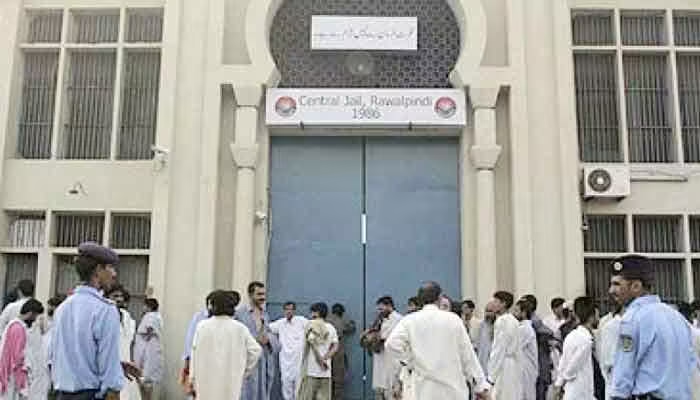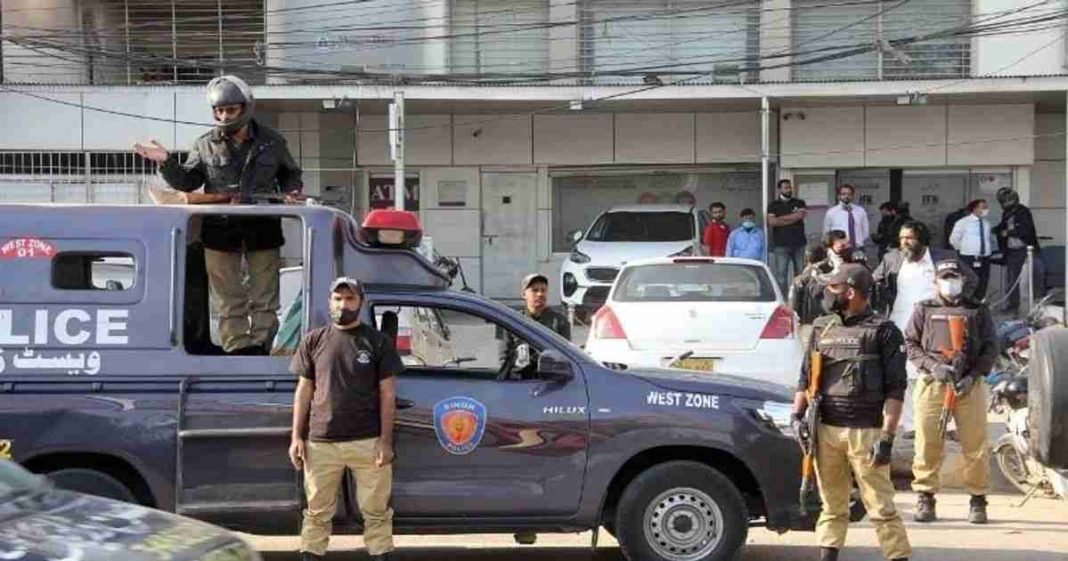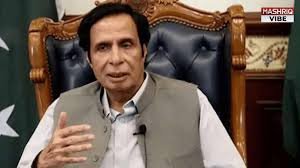In a significant move, the Punjab government has imposed a complete ban on all meetings in Adiala Jail, Rawalpindi, until October 18. This ban applies not only to common prisoners but also to prominent political figures, including Pakistan Tehreek-e-Insaf (PTI) founder and former Prime Minister Imran Khan, who is currently detained in the jail. According to jail sources, the ban on meetings is linked to heightened security concerns ahead of the upcoming Shanghai Cooperation Organization (SCO) meeting, which is set to take place in Islamabad.
Security Concerns Prompt Ban
Sources within the jail administration have stated that the decision to prohibit meetings was made to ensure maximum security during the preparation and execution of the SCO summit. This international event, which will be hosted in Islamabad, requires stringent security protocols across the capital region, and Rawalpindi, being its twin city, is expected to face similar precautions.
The ban is comprehensive, affecting meetings with family members, lawyers, political associates, and party leaders. Imran Khan, who has been in custody following his conviction in a corruption case, will not be permitted any visitors until the restrictions are lifted after October 18. While such measures are uncommon, they are deemed necessary given the geopolitical significance of the SCO meeting, which will involve high-profile delegates from various countries.
Impact on Political Figures and Legal Rights
One of the most notable individuals affected by this ban is Imran Khan. The PTI founder has been in the political spotlight for years, and his detention has raised significant public interest. Under normal circumstances, he would be entitled to meet his legal team, family members, and party leaders to discuss both personal and political matters. However, the restriction on meetings raises questions about his ability to consult his lawyers, particularly as he faces multiple legal cases in addition to his detention.
PTI leaders and supporters have expressed concerns about the restriction, emphasizing that it interferes with Imran Khan’s legal rights and his access to counsel. They argue that the government is using the pretext of security to isolate him from his legal team, which could impact the defense strategy in ongoing court cases.
Moreover, PTI officials have pointed out that family members should be allowed to meet incarcerated individuals, even under heightened security conditions. Many have called on the government to reconsider the blanket ban and allow for controlled and secure meetings in the presence of jail authorities.
Affects All Prisoners in Adiala Jail
While the focus has primarily been on political figures like Imran Khan, it is important to note that the ban extends to all prisoners in Adiala Jail. Families of common prisoners have also been affected by the decision, with many voicing their frustrations at being unable to visit their loved ones. For many, family visits provide emotional support, and in the case of lawyers, legal guidance is essential to navigate their cases.
The broader restriction highlights the lengths to which the authorities are willing to go in the name of security. Although public safety is a legitimate concern, especially in light of the upcoming SCO summit, the blanket ban has had a significant impact on prisoners’ rights. Many families, particularly those from rural areas, make long and often costly trips to visit relatives in prison, only to be turned away due to the ban.
Punjab Government’s Justification
According to sources, the Punjab government has justified the ban as a preventive measure. The Shanghai Cooperation Organization meeting is a major international event, and any security lapse could have serious consequences. In light of the heightened threat level, it was decided that restricting visits to Adiala Jail would minimize potential risks, as meetings could be exploited to facilitate unrest or subversive activities.
The decision has also been tied to concerns over the possible politicization of Imran Khan’s detention. Authorities are keen to ensure that his imprisonment does not become a focal point for protests or demonstrations during the sensitive period of the SCO summit. By preventing visitors, especially political figures, the government hopes to avoid any unwanted gatherings or public spectacles that could divert attention from the international event.
Reactions and Public Opinion
Public reaction to the ban has been mixed. While some citizens support the government’s decision, understanding the need for increased security during such a high-profile international meeting, others are critical of the timing and scope of the restrictions. Human rights activists, in particular, have raised concerns over the violation of prisoners’ basic rights, including the right to meet legal counsel and family members.
PTI supporters have been especially vocal, seeing the ban as yet another attempt to suppress their party leader and further isolate him from the political landscape. They argue that such measures are politically motivated and part of a broader strategy to weaken Imran Khan’s influence.
The ban on all meetings in Adiala Jail until October 18, in light of the upcoming SCO summit, reflects the government’s efforts to ensure heightened security. However, the restrictions have impacted not just high-profile political figures like Imran Khan but also common prisoners who rely on family visits for emotional and legal support. As the situation unfolds, there will likely be continued debate on the balance between security and prisoners’ rights. While security is of



